Resources & Scholarships in Psychology
Helping students access what they need to achieve their goals.
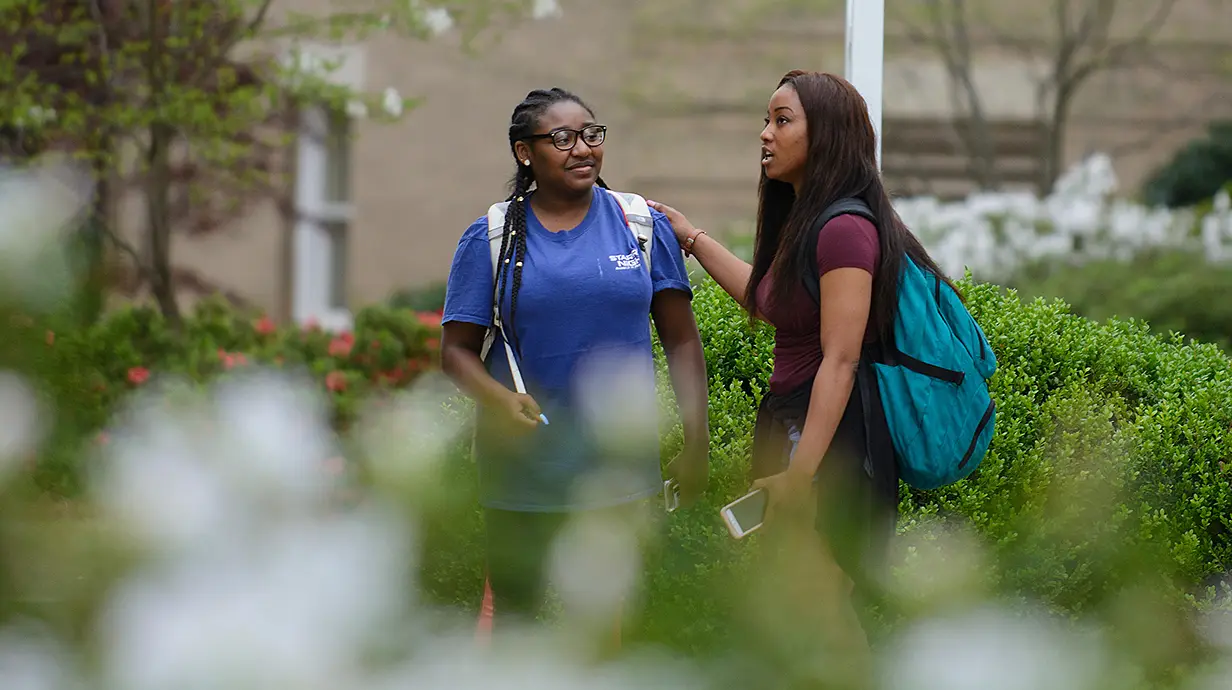
The Tools for Success
Find out about the scholarship opportunities for psychology students and student success resources available at the department, College of Liberal Arts, and university levels.
Scholarships
Eligibility:
- Full-time student
- Major in psychology
- Junior or senior
- At least a 3.0 GPA
- Financial Need (FAFSA required)
- First preference for student involved in community service & volunteerism
Application process:
- Eligible students nominated by the committee will be contacted to submit an application essay for review.
About Kenneth J. Sufka:
Dr. Kenneth Sufka is Distinguished Professor of Psychology and Pharmacology, Research Professor in the Research Institute of Pharmaceutical Sciences and Director of the Stamps Impact Prize. He endowed this scholarship using royalties from his best-selling book, "The A Game: Nine Steps to Better Grades." He has been recognized many times during his tenure at the university, notably receiving the Elsie M. Hood Outstanding Teacher Award, the Faculty Achievement Award, and the Thomas F. Frist Student Service Award. Dr. Sufka has been named a US Professor of the Year for the State of Mississippi from the CASE-Carnegie Foundation and received a Presidential Citation from the American Psychological Association.
The College of Liberal Arts has a number of scholarships for students across majors in the College, including psychology. Incoming freshmen should complete the UM Scholarship Application by the January 10 deadline. Incoming transfer students and current students do not have an application form for consideration.
You can also explore national scholarships using the resources below to explore other potential scholarships in psychology.
Student Success Resources
Academic Support
The Psy 202 statistics lab is available to help with statistics homework and any statistics questions. The tutoring lab is open for both in-person and remote tutoring, see hours for both options below.
Tutoring schedules may differ during finals week: check your course's BlackBoard page or check with your instructor.
Tutoring Location: Peabody 201A
Remotely by Zoom
Have questions about tutoring? Email us.
Supplemental Instruction is a set of weekly group study sessions run by students, for students. The group sessions are organized by peer leaders who meet weekly with the professor and the Center for Excellence in Teaching and Learning to devise the activities and content to cover. Students compare notes, discuss readings, solve problems, develop organizational tools, and predict test items. UM and national statistics show students achieve higher grades.
Psy 201: Introduction to Psychology is supported by the SI program.
-
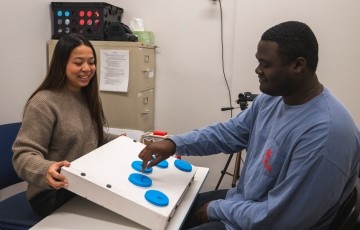
Psychology Class Students: Want to sign up for psychology experiments?
Create an account in Sona Systems then complete an intro questionnaire and a “Prescreening” study to earn 1 research hour. You will then gain access to all the available psychology research studies upon your next visit to the Sona Systems site. Questions may be directed to Dr. Andrew Hales.
Get Started with a Sona Systems Account -
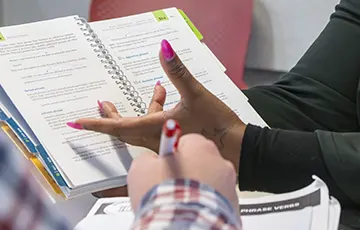
Hone your communication skills
Free consultations are available through the Speaking Center and the Writing Center in person or online. Take advantage of these excellent resources to help you perform the best you can on assignments.
Writing Center Speaking Center -
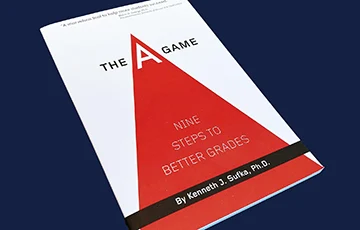
Bring your A-game to college
Psychology faculty member, Ken Sufka, wrote the book on academic success. His straight-forward and concise guidebook provides pointers and tips such as being engaged in classroom discussion, creating small study sessions, learning across all levels, self-testing and even managing test anxiety.
The A Game: Nine Steps to Better Grades -
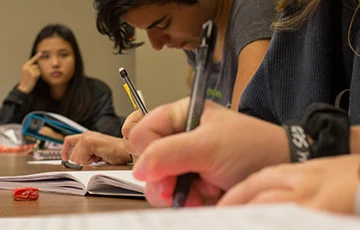
Tips on learning how to study
The videos provided by Dr. Stephen Chew of Samford University are excellent resources to help you learn effective study methods.
How to Study -

Contacting your professors
Your professors are here to assist you in meeting your goals. Prior to asking your professor a question, please check that the answer to your question is not on the syllabus or in course documents they have provided. If you are certain your question has not been answered by your professor and your professor will be able to answer your question quickly over email, send an email. In your email be sure to include a subject, your full name, and the course you are enrolled in (e.g., Psy 201). If your question is more involved, talk to your professor during their office hours.
How to Email a Professor



